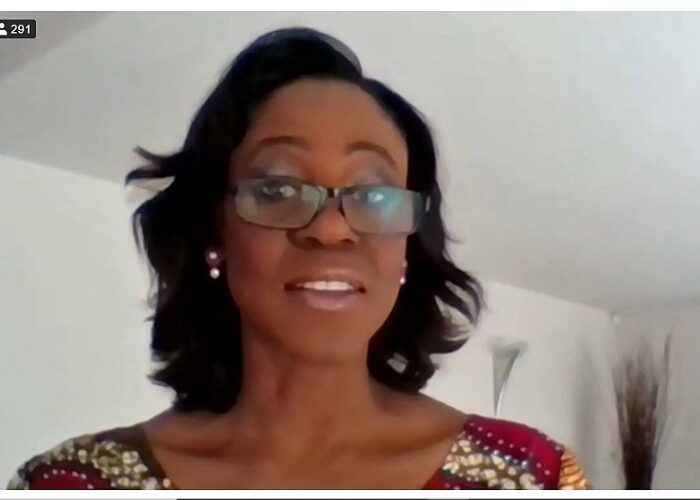
Sky News presenter Gillian Joseph believes black history should be an ongoing conversation and not restricted to one month a year.
Speaking remotely at the Liverpool John Moores University Roscoe Lecture, the award winning journalist believes setting October aside for Black History Month should serve only as a starting point to celebrate and remember the contribution BAME people have made in the UK.
“I don’t believe that it is only black history, it is all of our history because we’re all part of it and we’re all inter-related in that sense,” said Joseph.
“It is a starting point because we need to start the conversation somewhere. Four weeks is not enough time to delve into the history of centuries of black people and their experiences.
“Black History Month does fulfil a purpose in that it opens up the debate and starts the conversation.”
The death of African-American George Floyd in police custody in Minneapolis in May instigated the Black Lives Matter movement that saw mass global protests calling for an end to racial inequality. Across England, there were calls for symbols of the slavery to be removed including a statue of controversial slave trader Edward Colston that was pulled down and thrown into Bristol Harbour.
Liverpool also has strong links to the slave trade with many streets and buildings named after some of those involved. Rather than ‘erase history’ Joseph believes these symbols of our past should be put in museums so that the history is still there for people to understand.
“To say that we shouldn’t be celebrating someone doesn’t mean that we should erase them from history,” said Joseph.
“It’s all about education, and we’re all learning and that’s why we needed to know more about Edward Colston and what he did during his lifetime.
“We need to just not walk past street names and think ‘oh that’s an odd name. Why is that named that?’ We all need to pay attention to our environment, why are these things there, who are the people that were celebrated, should we be celebrating them?”
Read our report on a brutally honest account of being black in Britain by the fantastic @skygillian https://t.co/7haB2g5sUI #RoscoeLectures #BlackLivesMatter pic.twitter.com/Bse2deUk0u
— Liverpool John Moores University (@LJMU) October 22, 2020
Joseph feels that 2020 has been a significant year for the fight against racism – but there is still a way to go.
“The two stories of this year have been Black Lives Matter and the Covid-19 pandemic. I don’t believe that it’s a moment, I think it’s a tipping point and a point from which we move on,” she said.
“I think that in society in general there is a Eurocentric view on what beauty is and what constitutes beauty that as a whole we need to address.”
Adding that there is more than one form of beauty, Joseph explained that having more black faces in the media and on the front of magazines is not something that should occur for just one month a year.
“It has to be the norm,” she said. “It shouldn’t be an oddity for people to turn on the television and see a black woman presenting the news. Certainly for me it was a big deal. I’d like it to be at a point where black people would turn me off because it’s not a big deal. I’m not sure we’re there yet.”

